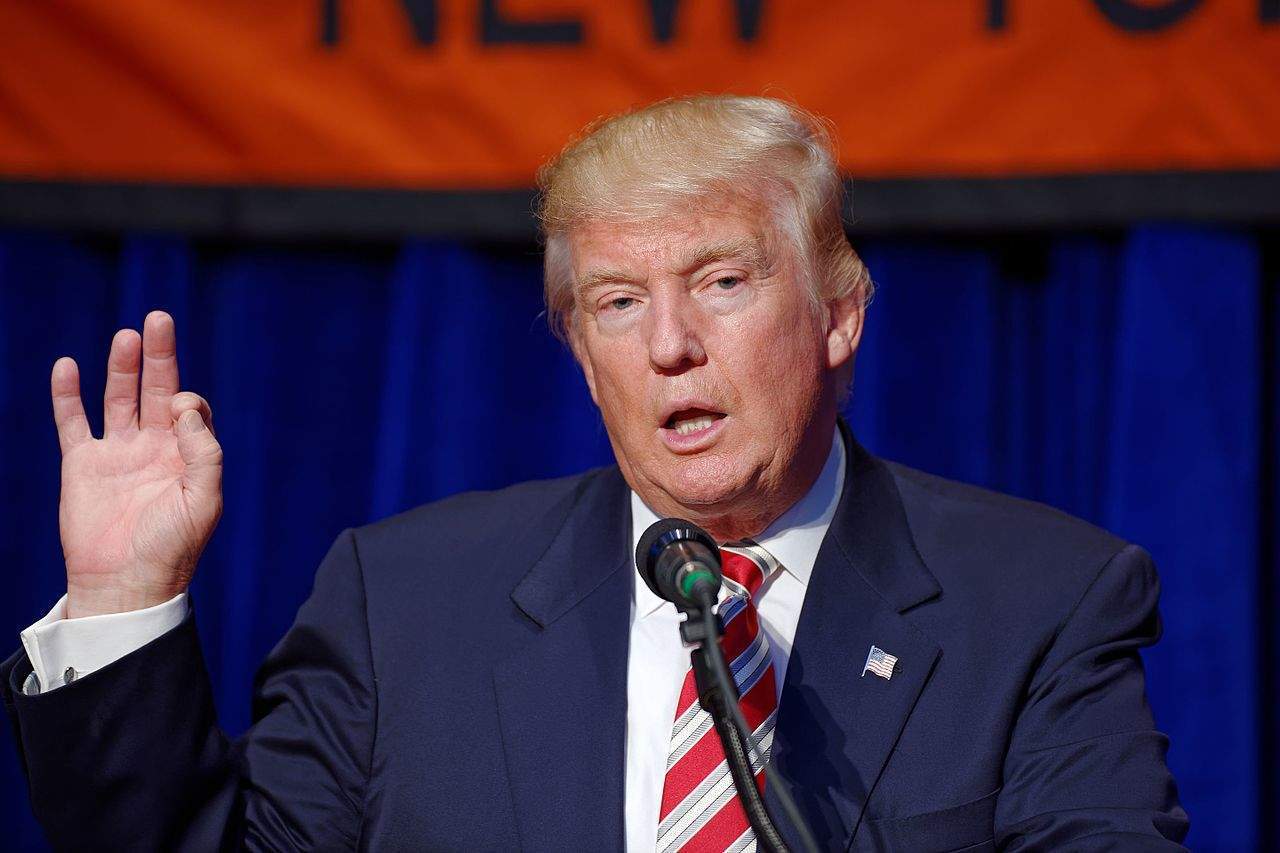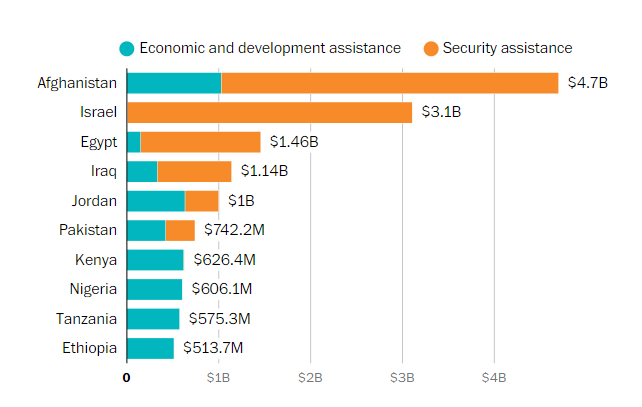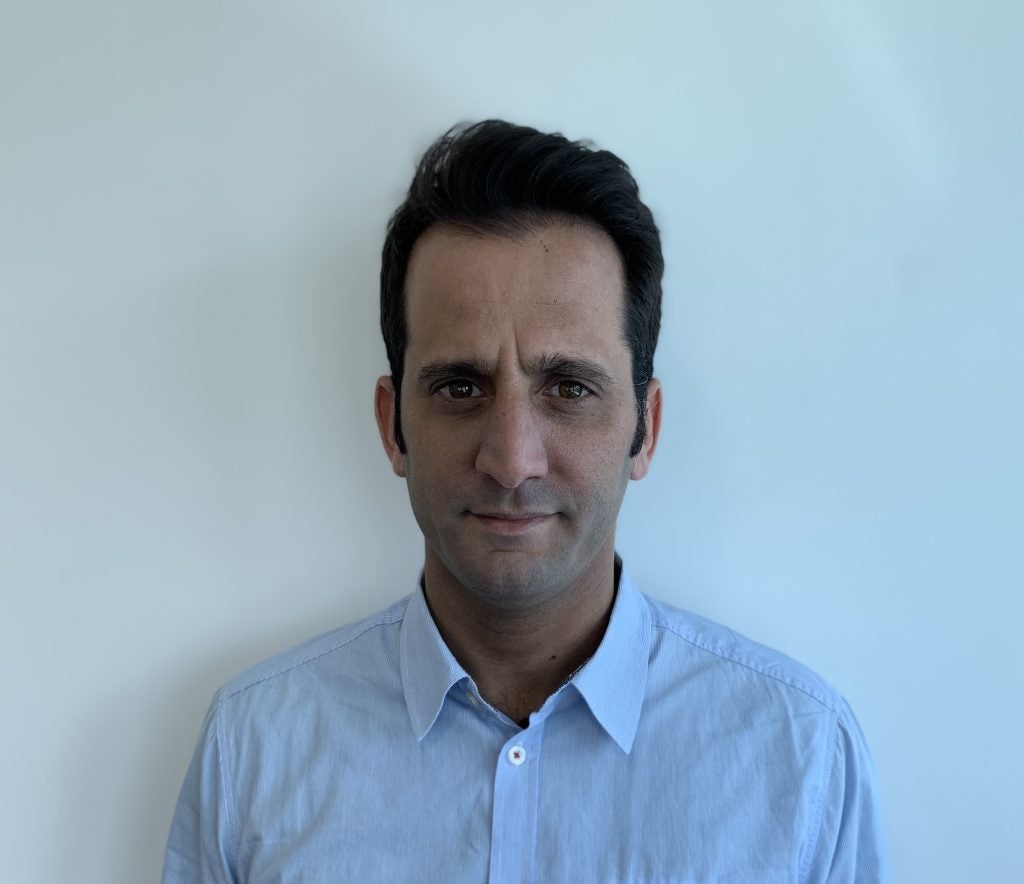
US president Donald Trump issued a threat on Wednesday to cut off US aid to any country that votes for a resolution at the United Nations (UN) condemning his decision to recognise Jerusalem as the capital of Israel.
Trump said:
All of these nations that take our money and then they vote against us at the Security Council or they vote against us, potentially, at the Assembly, they take hundreds of millions of dollars and even billions of dollars and then they vote against us. Well, we’re watching those votes. Let them vote against us; we’ll save a lot. We don’t care.
US ambassador to the UN Nikki Haley tweeted on Wednesday warning that Trump had asked her to report on “who voted against us”.
At the UN we're always asked to do more & give more. So, when we make a decision, at the will of the American ppl, abt where to locate OUR embassy, we don't expect those we've helped to target us. On Thurs there'll be a vote criticizing our choice. The US will be taking names. pic.twitter.com/ZsusB8Hqt4
— Nikki Haley (@nikkihaley) December 19, 2017
How well do you really know your competitors?
Access the most comprehensive Company Profiles on the market, powered by GlobalData. Save hours of research. Gain competitive edge.
 Company Profile – free sample
Company Profile – free sampleThank you!
Your download email will arrive shortly
Not ready to buy yet? Download a free sample
We are confident about the unique quality of our Company Profiles. However, we want you to make the most beneficial decision for your business, so we offer a free sample that you can download by submitting the below form
By GlobalData
Of the 15 members of the UN Security Council (UNSC), 14 voted in favor of the Egyptian-drafted resolution opposing the recognition of Jerusalem as Israel’s capital.
How much foreign aid does the US give?
The US is the largest single donor country of foreign aid in the world, according to figures from 2015.
It outspends the next largest aid provider — the UK — by more than $10bn a year.
In a Kaiser Family Foundation study published in early 2015, more than half the respondents said they felt that the US was spending too much on foreign aid.
Aid covers a variety of different areas: long-term development aid, military and security aid, humanitarian aid, and political aid.
Long-term development aid provides ongoing funding for projects to promote broad-based economic growth and general prosperity in the world’s poorest countries. More than half of it goes to bilateral global health programs, including the treatment of HIV/AIDS.
Military and security aid primarily goes toward helping allies purchase US military equipment, training foreign military personnel, and funding peacekeeping missions.
Humanitarian aid is spent to alleviate short-term humanitarian crises, such as those resulting from famine, earthquakes, war, failed states, or other natural or man-made disasters.
Finally, political aid is intended to support political stability, free market economic reforms, and democratic institutions.
The US spent $18.3bn in economic aid to 92 recipients, and $18.2bn in security aid to 143 recipients in 2015 alone.
The US provides roughly $8bn a year for UN operations, about $2.5bn of which goes towards peacekeeping.
What countries receive aid from the US?
In terms of regions, the Middle East and North Africa receive the most economic assistance.
The Sub-Saharan Africa region receives $1.2bn — 25 percent of the budget, while the Middle East receive 31 percent and South and Central Asia receive 25 percent of it.

Egypt, which drafted the resolution to veto Trump’s decision on Jerusalem, receives an average of $1.6bn in aid from the US each year.
Other countries which receive over $1bn include Afghanistan ($5.5bn), Israel ($3.1bn), Iraq ($1.8bn), and Jordan ($1.1bn).
Afghanistan receives $3.7bn in security aid, all of Israel’s $3.1bn is military aid, and the vast majority of aid to both Egypt and Iraq is security-related, according to the Council on Foreign Relations (CFR), a Washington-based think tank.
Most of Mexico and Colombia’s assistance is for anti-narcotic law enforcement programs. Mexico and Colombia receive $85.6m and $203.9m respectively.
There are only six countries that are not full members of the UN — Taiwan, Western Sahara, Kosovo, South Ossetia, Abkhazia and Northern Cyprus.
None of them are big beneficiaries of US aid.







